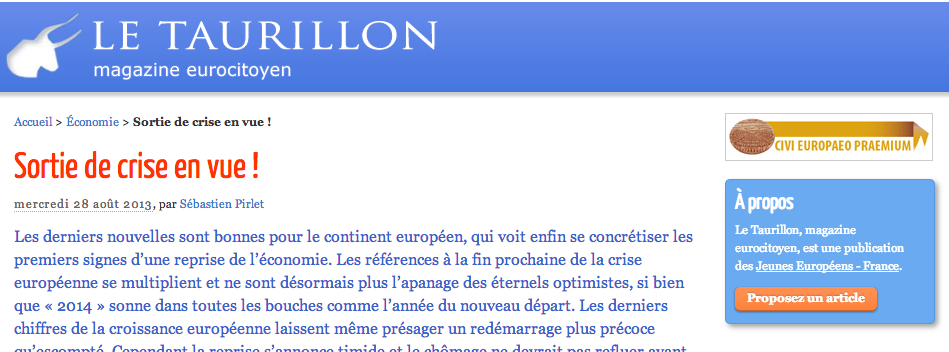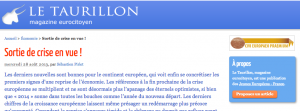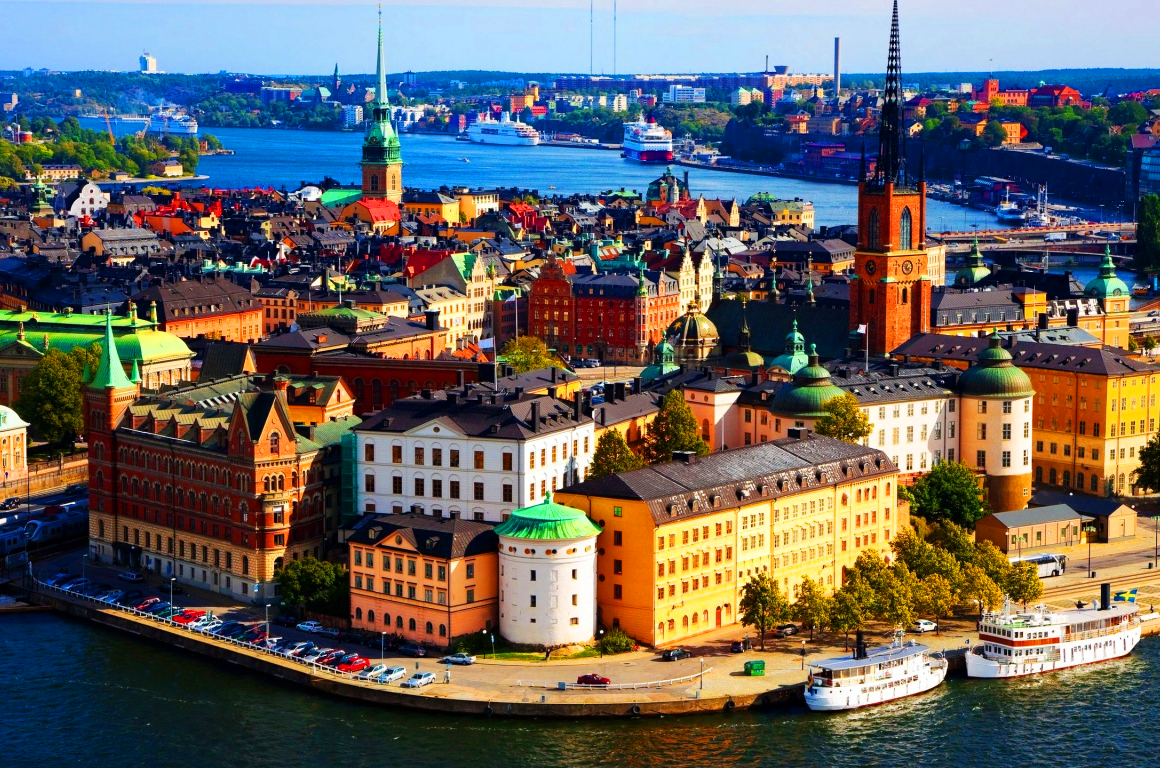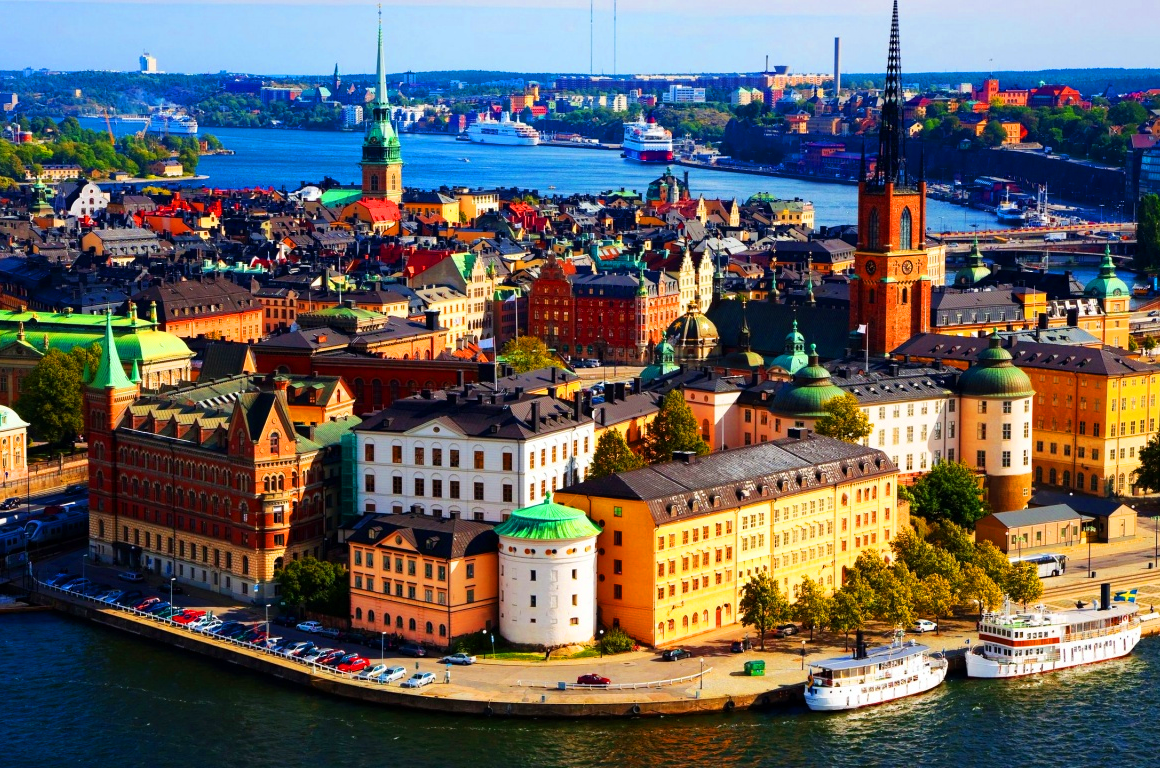Le Taurillon – August 2013 (Français)
Sébastien Pirlet, president of JEF Liège and since October 2013 political secretary of JEF Belgium, wrote an article in Le Taurillon titled: “Sortie de crise en vue!”
Sébastien is a regular contributor to “Le Taurillon“, the French version of The New Federalist. The New Federalist, which is also available in German and Italian, has contributors and readers from all over Europe and has been awarded the 2012 European Citizen’s Prize by the European Parliament. Do you want to become a contributor to this webzine, please contact one of our political secretaries for more information!
Read more



